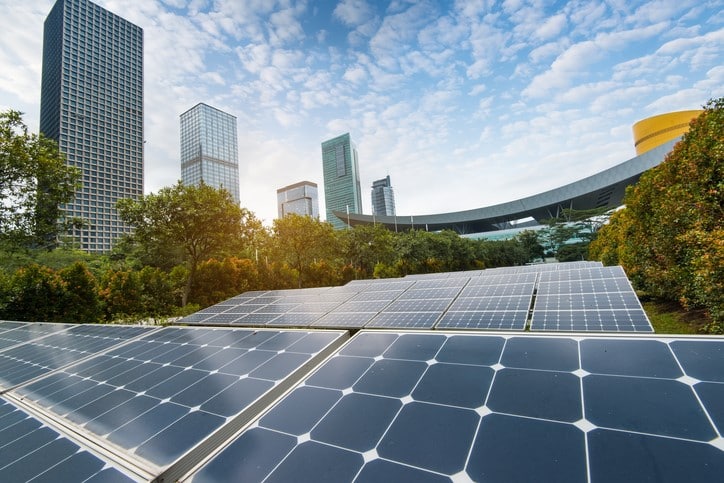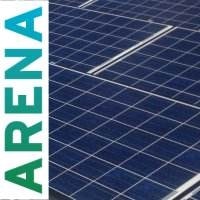A feasibility study will explore whether solar gardens could work for renters and apartment dwellers in Australia.
The Institute of Sustainable Futures at the University of Technology Sydney will conduct the trial at various regions across eastern Australia. These include Byron Bay and Blacktown in NSW, Swan Hill in Victoria and Townsville in Queensland.
ARENA has announced it will contribute $240,000 to the $555,000 project. Other contributors include the NSW state government, councils, energy retailers, welfare organisations and community energy groups.

What are solar gardens?
While the word ‘garden’ might conjure up images of green spaces, a solar garden is simply a solar array that consumers buy or lease into. Participants in a scheme can earn a credit on their bill from an energy retailer for power generated by the solar panels.
In a solar garden the solar panels do not need to be attached to the building the participants reside in. Participants can also sell their share if they decide to move out.
In a successful scheme, the savings on energy bills should be greater than the purchase or subscription cost. This means participants get to benefit from renewable energy and save money without the outlay of a solar energy system.
Solar gardens are popular in the US, but so far there are none in Australia. The study will look at consumer demand, feasibility, and barriers to adoption in Australia.
One of many solutions for apartments and rentals
A solar garden is one model among several that enable apartment occupiers, low-income earners and renters to access solar power. Other examples include split-incentive schemes and splitter schemes.
In a split-incentive program, the costs and benefits of solar panels are shared between tenants and landlords. In some instances, councils or community groups provide interest-free loans to landlords to install solar. They might also negotiate a fair rent increase for tenants.
In a splitter scheme, however, a solar company funds an installation and charges tenants for the solar power they use.
Another decentralised approach is that of a peer-to-peer (p2p) scheme. In a p2p program, owners of solar storage batteries, such as a Tesla Powerwall for example, get to on-sell stored solar energy to neighbours.
If the solar garden trial is a success, we may get to see solar gardens become yet another solution that makes solar power more available across all stratas of society in Australia.












































